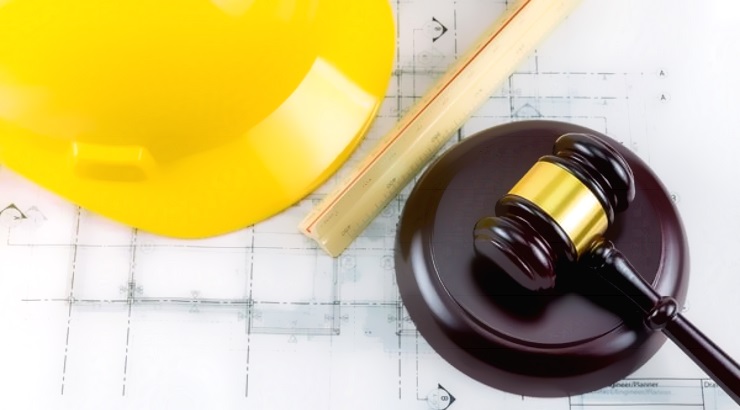Residential Projects
Tough New Rules to Fight Cowboy Contractors
Builders can be recalled to fix defects years after project is done.

A new set of rules for protecting property investors from contractors who deliver shoddy work has taken effect, bringing with it a raft of changes that are likely to revolutionise the construction industry.
The National Construction Authority (Defects Liability) Regulations 2020, which was gazetted by Housing and Urban Development Cabinet Secretary James Macharia on April 20, gives owners of commercial buildings up to seven years to recall contractors to fix defects in projects at their costs.
The rules have also increased the patent defects liability period to a minimum of 12 months. This refers to the period from practical completion to handover of a building during which the contractor may return to the site to fix any patent defects such as cracked plaster or issues with the paintwork.
“Every contract for the construction of a commercial building shall prescribe a patent defects liability period. The patent defects liability period … shall be a minimum period of twelve months after practical completion,” reads the notice.
After the expiry of the patent defects liability period, property owners will have another six years to recall a contractor to fix structural defects that were not detected during the patent defects liability period.
While previous contracts for commercial building projects only required a patent defects liability period, the NCA (Defects Liability) Regulations 2020 makes it mandatory for contracts to include a latent defects liability period that spans at least six years from completion of the patent defects liability period.
The rules also make it mandatory for contractors, sub-contractors and other relevant professionals to get insurance coverage for latent defects that may become apparent during the latent defects liability period.
RELATED: Headache for Kenyan Builders as Counterfeits Flood Market
The new rules are already the subject of a heated debate among industry professionals who argue the guidelines are wrongly redefining concepts that have been used globally for decades.
“They seem to be legislating for defects liability in relation only to commercial property. I’m not sure what the rationale is,” commercial property lawyer Alex Njage said in a press interview.
Gilbert Josiah Mungu, a lawyer in Construction Law and Arbitration, raised issues with the duration for rectification of patent defects arguing that it does not make business sense and would only serve to make the contractor wait longer for the final payment.
“Those defects are readily identifiable and should be dealt with immediately. Having a period of not less than 12 months to carry out the rectifications is not practical,” he said.
Other stakeholders have raised issues with the rules making a sub-contractor liable for fixing patent defects that become apparent during the patent defects liability period.
“What will the contractor, professional and sub-contractor be liable for? The liability is not defined or divided. It means that the persons named are jointly and severally liable for all the defects that may occur,” quantity surveyor Nyagah Kithinji said.
Mr Kithinji faults the regulations for treating a property owner as an expert and turning professionals into contractors and making them liable for structural flaws against all the standard global practices.
The Institution of Construction Project Managers of Kenya (ICPMK) is now demanding the suspension of the rules to allow for public participation to ensure the law does not run into other practices in the industry.
“This Gazette Notice has solicited considerable concerns from our members, other construction professionals and stakeholders in the construction industry,” ICPMK Chairman Tom Oketch said in a letter to CS Macharia on May 18.
“Unfortunately, it would appear that we, together with various other stakeholders in the construction industry, missed the opportunity of public participation, which is envisaged under the Statutory Instruments Act, 2013, Laws of Kenya.”
ICPMK is also troubled by the increased patent defect liability period and a conflict between industry rules and government regulations. The association is also questioning the rationale behind focusing only on commercial buildings.














